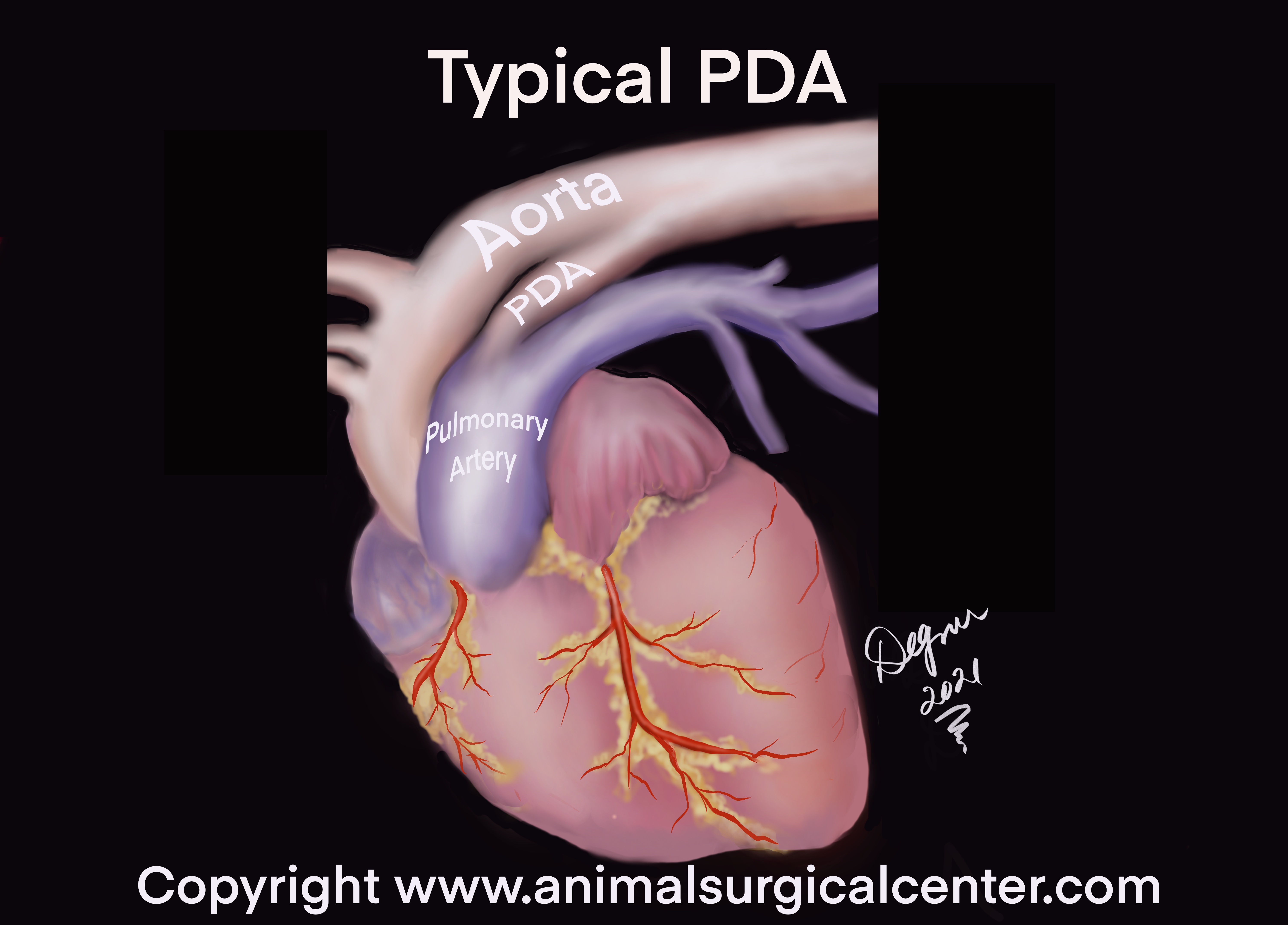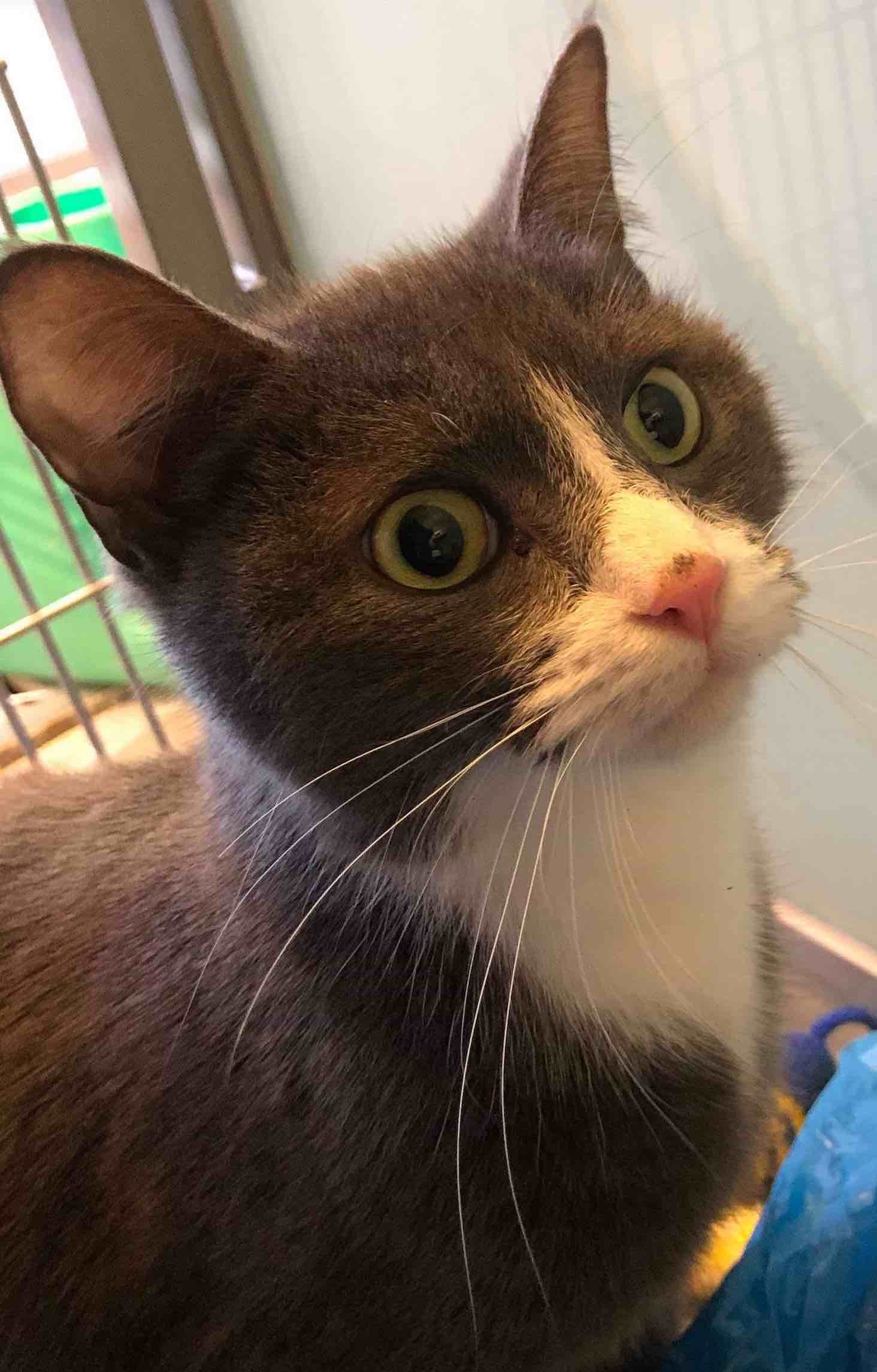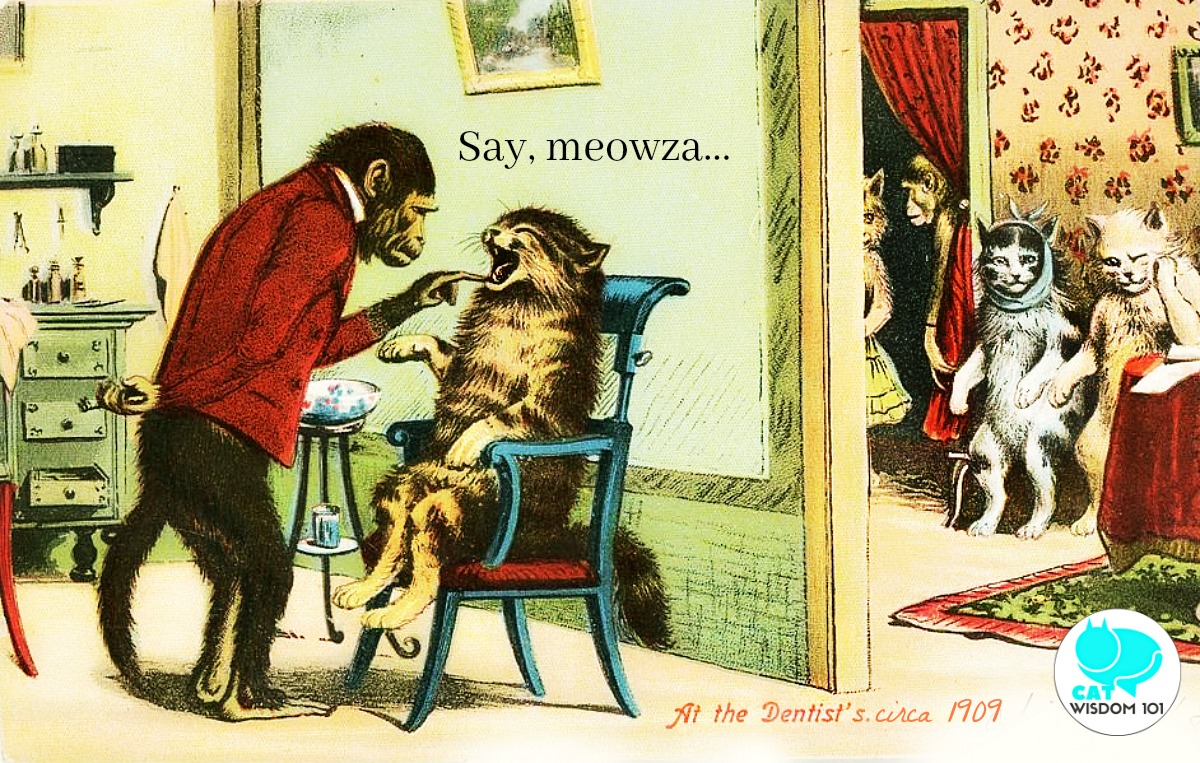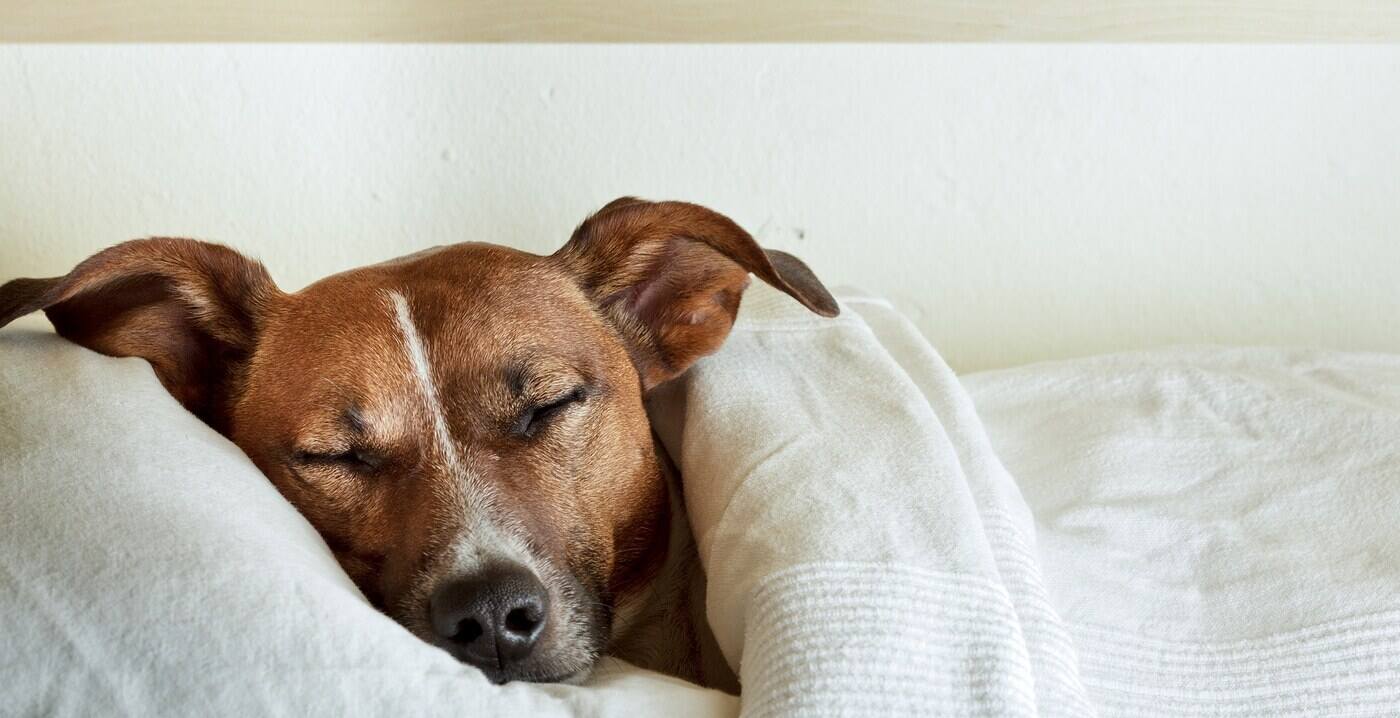Heart Murmur In Cats And Anesthesia

Any dog or cat with a murmur especially one that is suddenly detected meaning on his last exam it was not there but on this exam it is there or a pet that may be undergoing anesthesia.
Heart murmur in cats and anesthesia. More if there is more complication. Heart murmurs are graded 1-6 with 1 being of the least concern and 6 being of the most concern. Typically murmurs are caused by leaky heart valves or a narrowing or thickening of the chambers of the heart or heart muscle which can indicate heart disease.
Some normal adult cats may have an intermittent heart murmur that shows. If you have an undiagnosed murmur it is important that this is further evaluated before surgery. Studies show that anywhere between 21 and 50 of healthy cats have murmurs.
Cats Protection will only refer a cat to a specialist if classed as grade 5 or 6. With a cardiac murmur but with out any clinical symptoms. The presence or absence of a murmur is not a good predictor of heart disease in cats.
To be clear you want to avoid anesthesia if possible but it is not something that has to be avoided at all costs. Yes certain heart conditions do increase the risk of general anesthesia. The grade of murmur does not necessarily mean heart disease is more or less severe or even present.
While there are some medicines that can help they usually dont cure HCM. Identify all prescribed and over-the-counter medications including aspirin and supplements to avoid ad-verse drug interactions1 Physical examination. Anesthesia paired with any cardiological condition poses a serious risk and many veterinarians will refuse to perform the operation entirely if they suspect a murmur.
What Are The Symptoms Of A Heart Murmur In Cats. A leaky valve or dysfunctional large vessel will mean that there is usually backflow of blood which means that the output of the heart is decreased and the heart will need to work harder to move the same amount of blood than a normal heart. This type of murmur is benign not harmful.

















